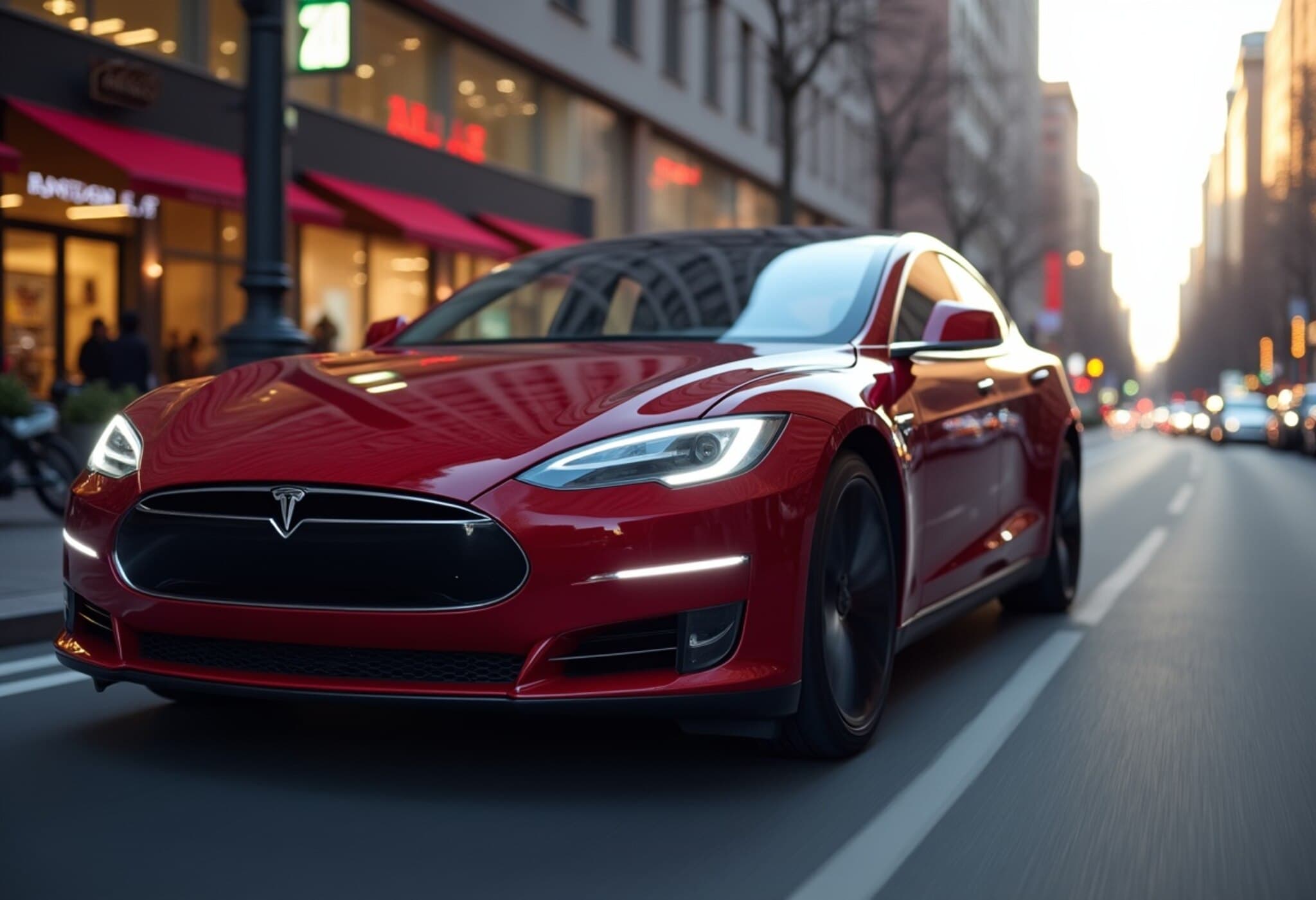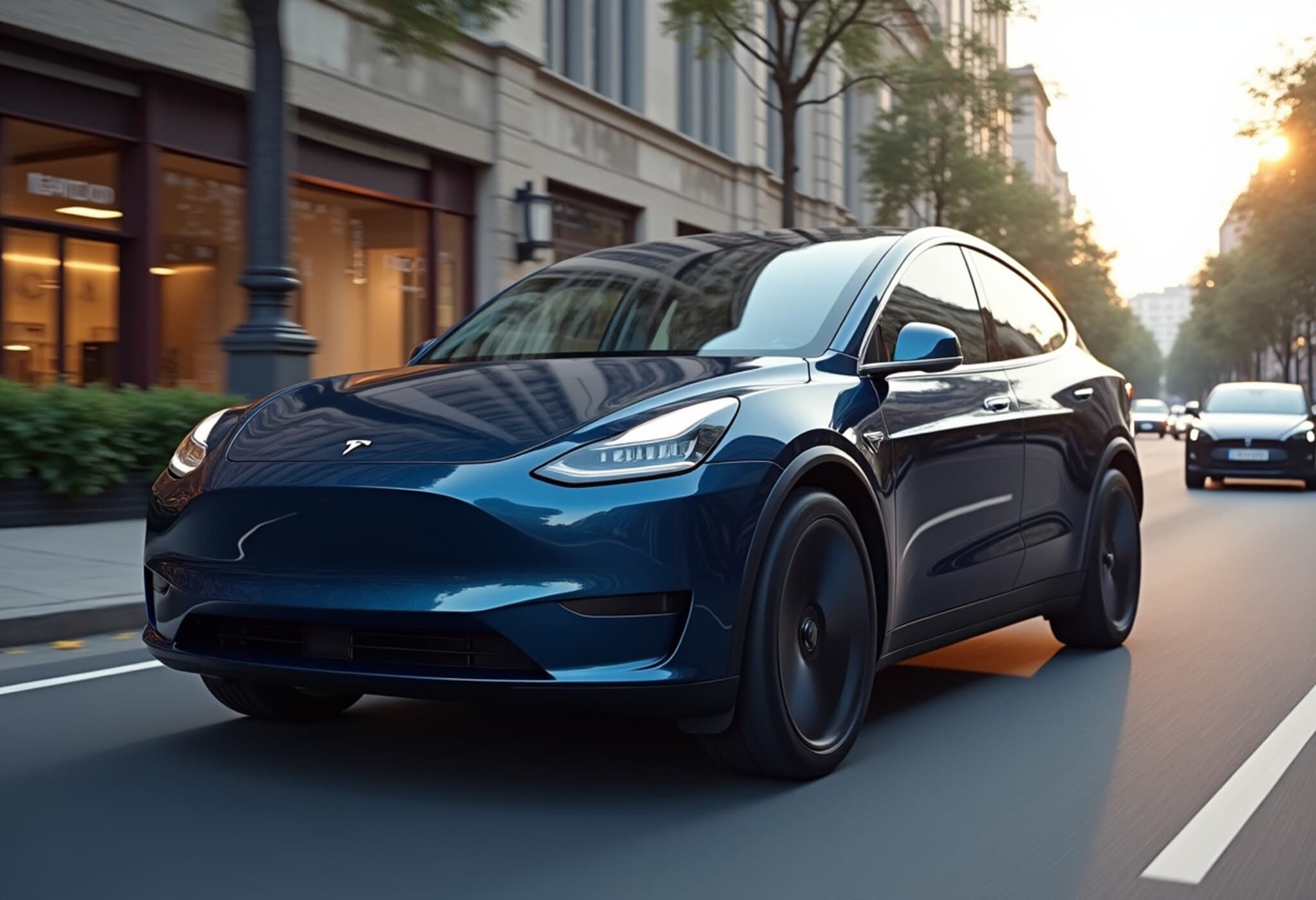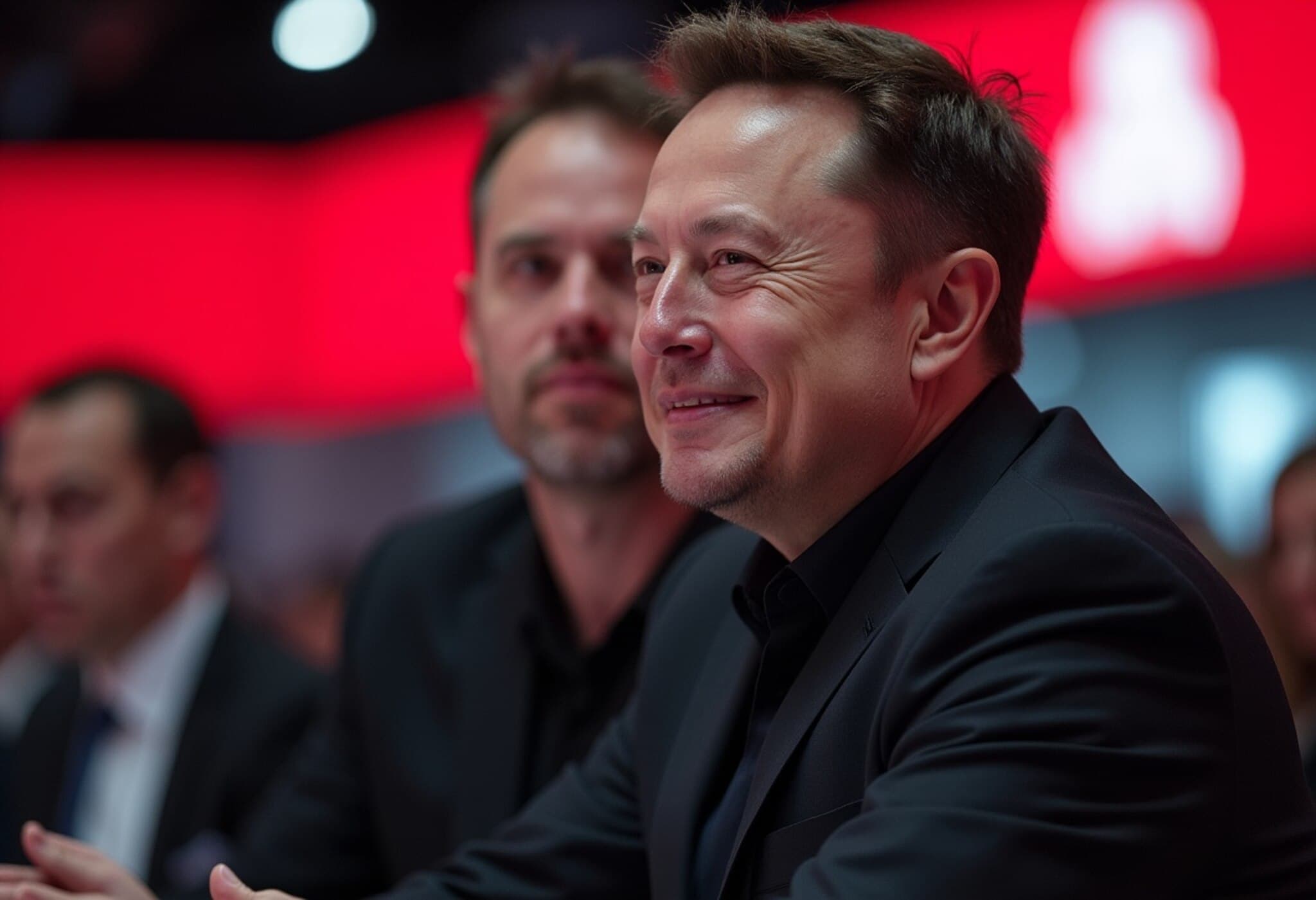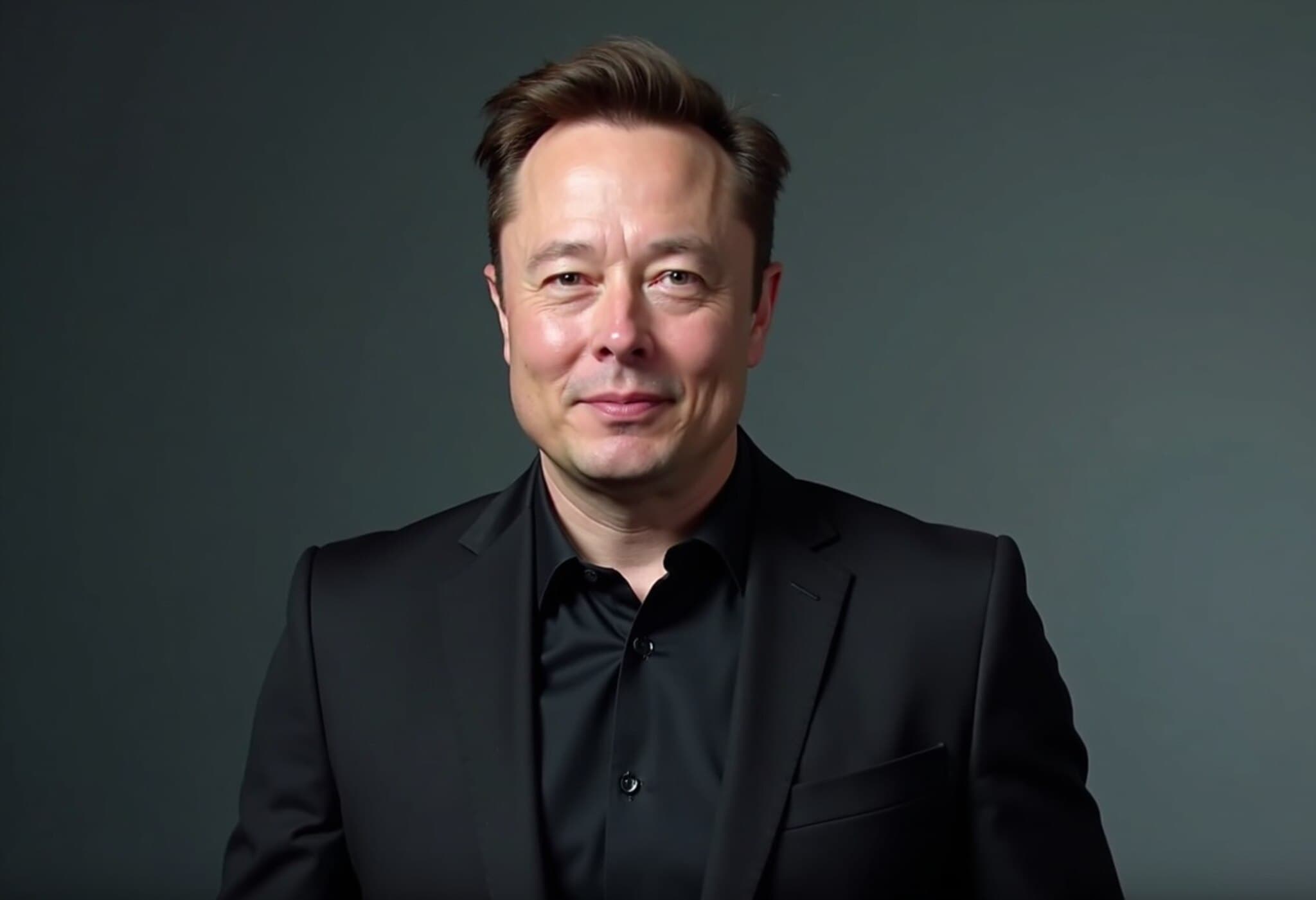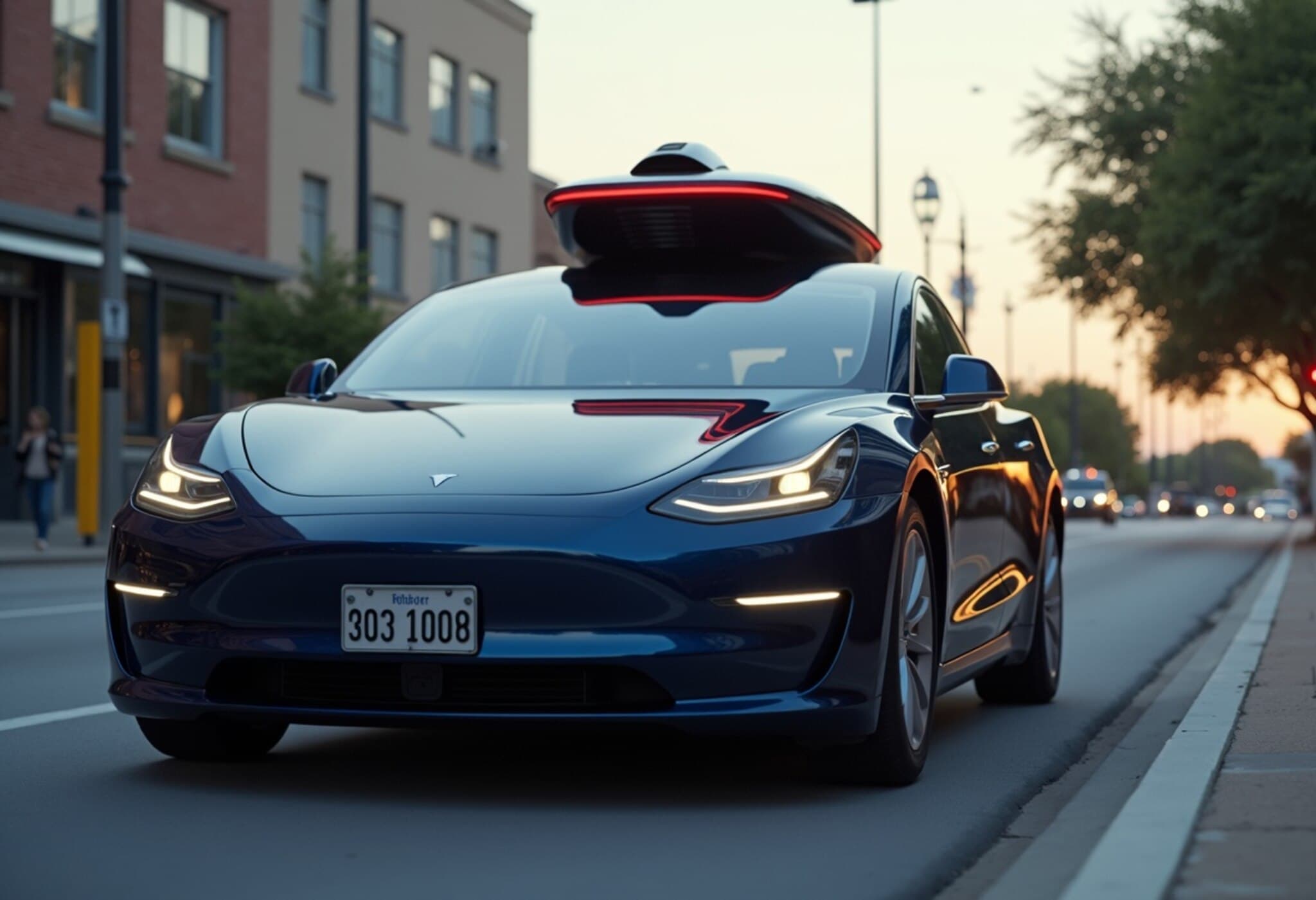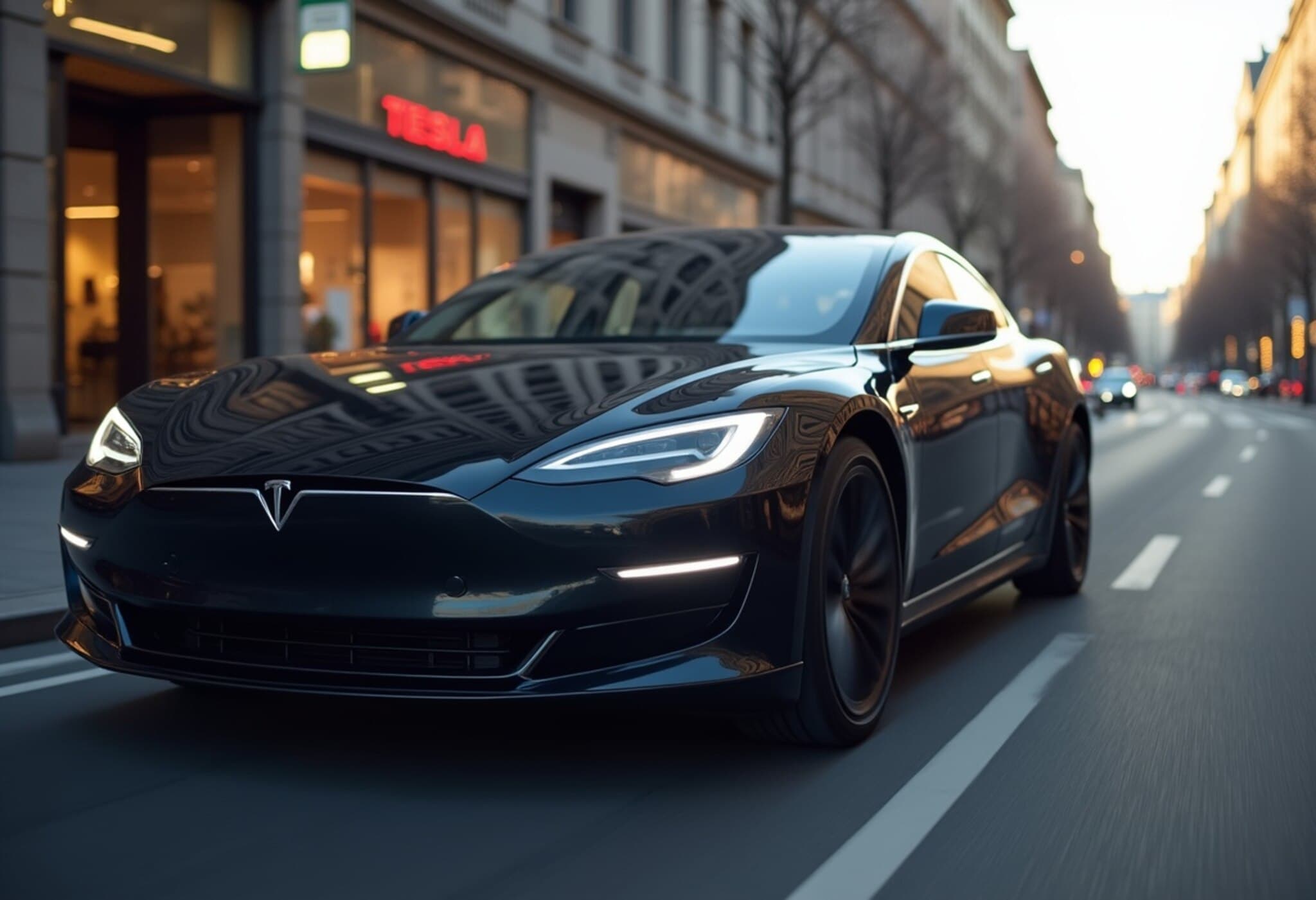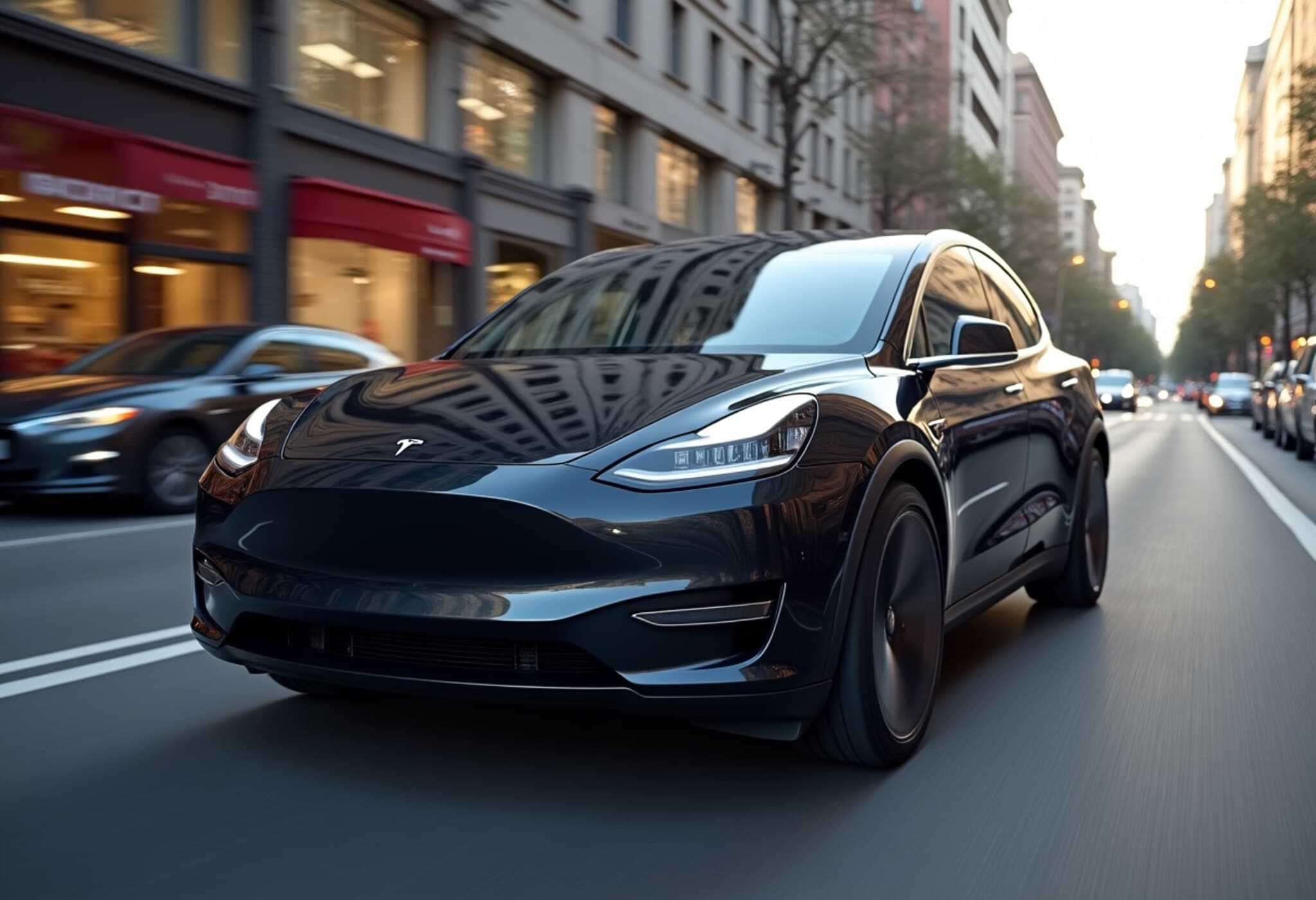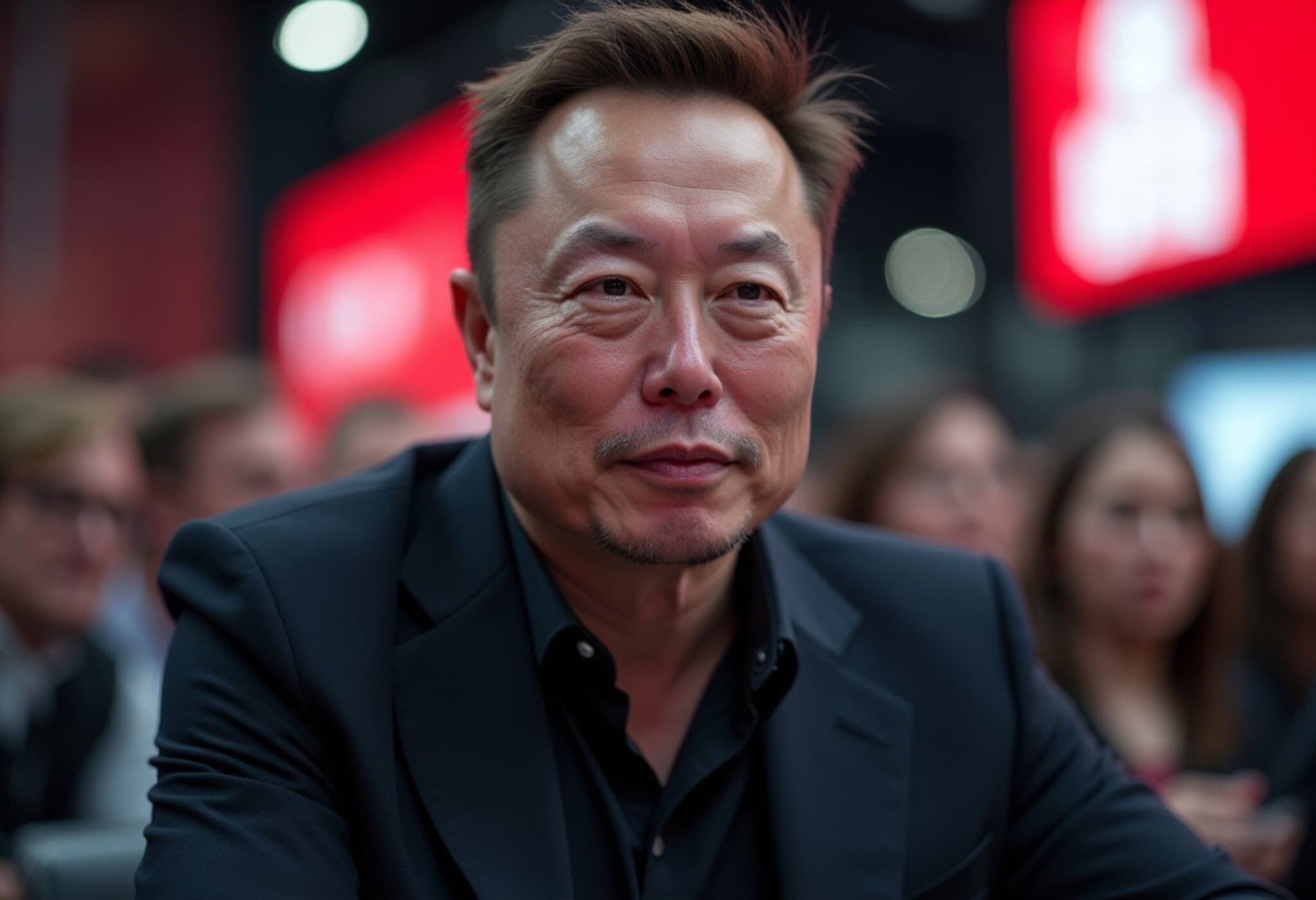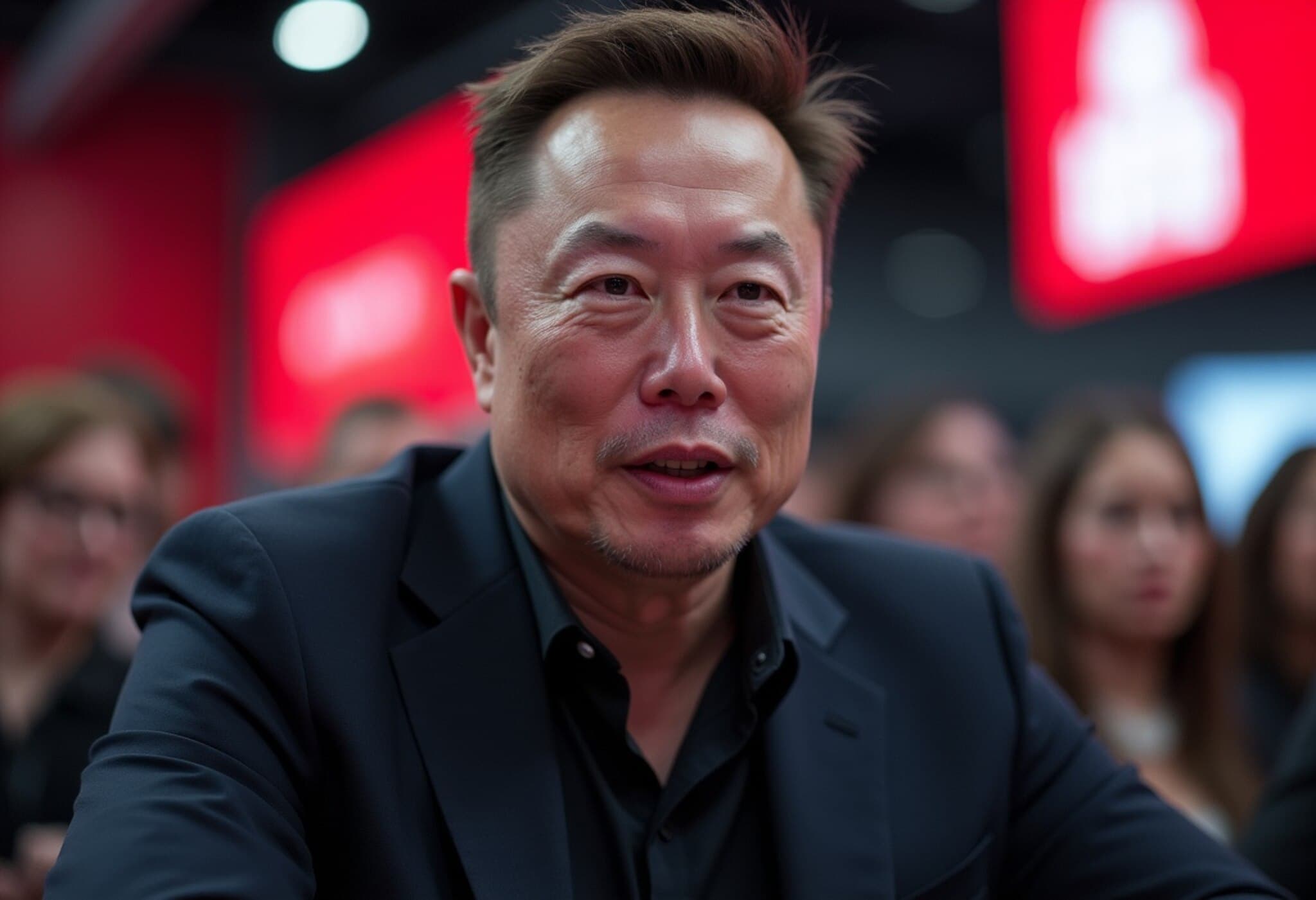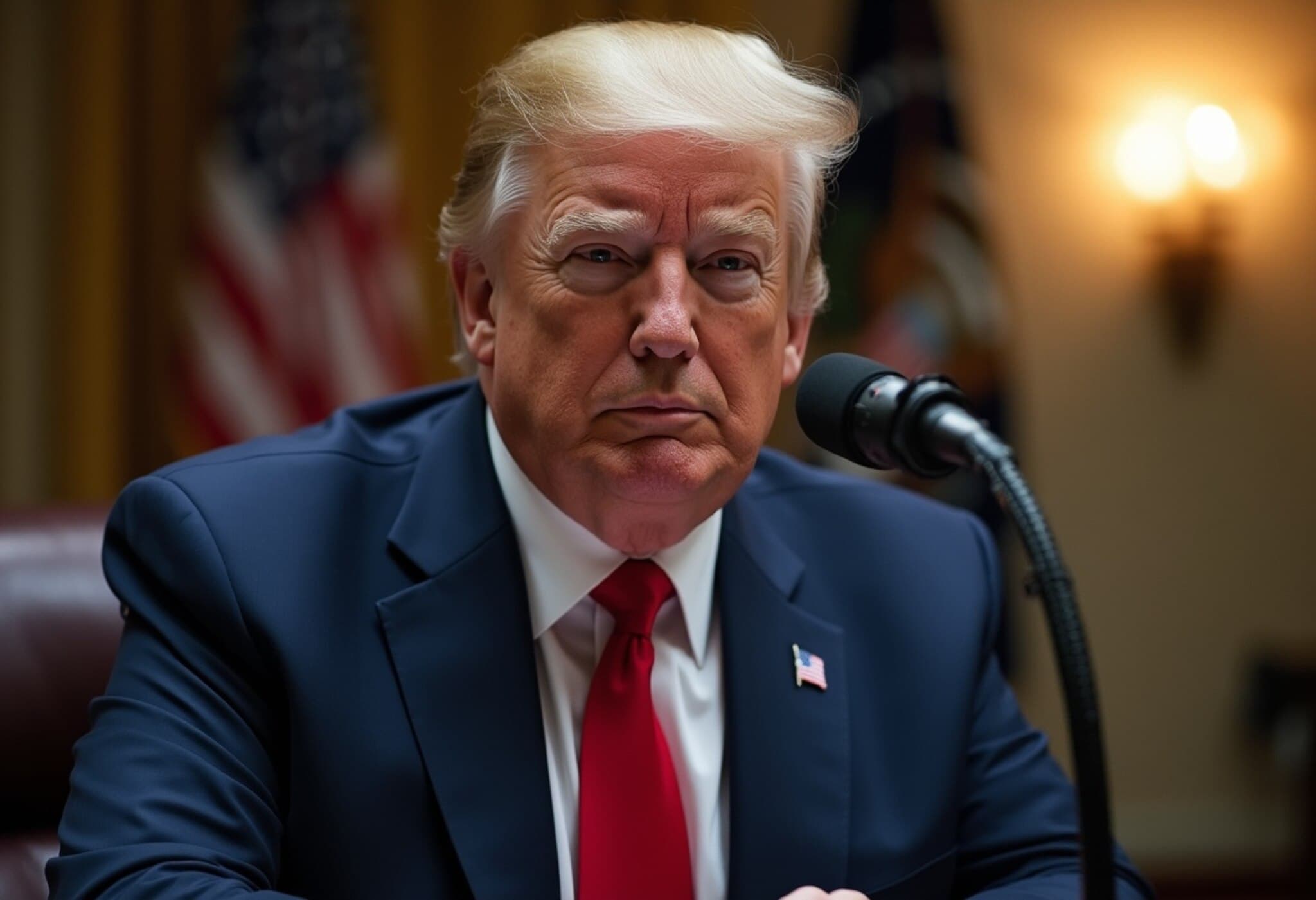Troubling Times for Tesla: Revenue Plummets as CEO Elon Musk Faces Growing Criticism
Tesla Inc., once the uncontested leader in the electric vehicle industry, is navigating one of its most turbulent periods in recent history. The company reported a staggering 12% decline in total revenue for the second quarter of 2025, marking the steepest revenue drop in more than ten years. Automotive revenue, the heart of Tesla's business, tumbled by 16% year-over-year, sparking concerns about the electric carmaker’s future trajectory amidst intensifying sales headwinds and public backlash against CEO Elon Musk.
Financial Struggles Deepen Amid Sluggish Vehicle Sales
Tesla's second-quarter revenue came in at $22.5 billion, narrowly missing Wall Street’s forecast of $22.7 billion. More alarming was the 42% plunge in operating income to just $900 million, continuing a negative trend after a previous quarterly decline. This financial contraction is largely attributed to fewer vehicle deliveries, a drop in regulatory credit sales, and a falling average vehicle selling price.
According to the company’s recent disclosures, global deliveries fell by 14% compared to last year. The decline is particularly pronounced in key markets such as California—Tesla's historic stronghold—where vehicle registrations have declined for seven consecutive quarters, including a steep 21.1% drop in Q2. Across the Atlantic, Tesla’s European sales plunged nearly 28% in May year-on-year, contrasting sharply with growth seen by its EV competitors.
The Musk Effect: Political Controversies Weigh on Tesla’s Image
The company’s struggles cannot be disentangled from the turmoil surrounding Elon Musk’s recent political entanglements. Musk’s controversial participation in the so-called “Department of Government Efficiency” (Doge) under former President Donald Trump sparked a wave of public criticism and fueled calls for Tesla boycotts. His aggressive federal downsizing efforts provoked widespread protests, dampening consumer enthusiasm and investor confidence alike.
This controversy reached a fever pitch in early June with a very public online spat between Musk and Trump, unsettling markets and causing Tesla’s shares to plunge yet again. “The Tesla brand is caught in the crossfire of political polarization,” says Dipanjan Chatterjee, Principal Analyst at Forrester. “Musk’s persona is increasingly seen as inseparable from Tesla’s identity, complicating its resonance with a diverse customer base.”
Innovation Amidst Adversity: Musk Highlights New Projects
Despite the setbacks, Musk remains hopeful and persistent in pushing Tesla’s image as an innovation powerhouse. On the recent earnings call, he labeled the quarter “very exciting,” emphasizing pioneering projects like the Austin-based robotaxi pilot featuring autonomous vehicles, and the launch of a retro-themed Tesla diner in Los Angeles—a quirky venture aimed at reinvigorating brand engagement.
Additionally, Musk showcased progress on Tesla’s humanoid robot, Optimus, which he claimed has achieved untethered walking capability inside their Palo Alto laboratory. However, social media videos capturing the robotaxi pilot’s operational glitches—such as lane confusion and basic driving errors—have raised questions about Tesla’s autonomous tech readiness.
Market Performance & Investor Concerns
Tesla’s stock has been a rollercoaster in 2025, starting near record highs of $428 in January, collapsing to $222 in March, and now relinquishing roughly 13% overall. Following the Q2 report, shares slid more than 4% in after-hours trading, reflecting investor apprehension.
Furthermore, Tesla’s reported adjusted earnings per share of $0.40 fell short of the analyst consensus of $0.43. The company also warned of looming risks from rising tariffs and the expiration of critical federal EV tax incentives, factors that could inch margins even lower in coming quarters.
Broader Implications: What Tesla’s Struggles Signal for the EV Industry
Tesla’s difficulties serve as a bellwether for the expanding electric vehicle sector, highlighting the growing pains of EV adoption amid competitive pressures, regulatory shifts, and political entanglements. As rivals capitalize on Tesla’s market share dips, the industry must grapple with balancing innovation, political optics, and economic realities.
From an American policy perspective, Tesla’s challenges underscore the fragility of relying heavily on federal subsidies and the importance of stable regulatory support to sustain EV growth. The potential expiration of these tax credits coincides with rising tariffs—an unwelcome double blow just as automakers strive to ramp up production and lower costs for consumers.
Questions Raised: The Road Ahead for Tesla and Musk
- Can Tesla regain consumer trust and investor confidence amid mounting criticism of Musk’s political affiliations?
- Will regulatory credit sales and vehicle deliveries stabilize or continue to erode market momentum?
- How will Tesla’s innovations, like the robotaxi and humanoid robot, translate into viable revenue streams in a competitive and skeptical market?
- What role will federal and state policy incentives play as global EV demand grows but regulatory support wanes?
Editor's Note
Tesla’s latest quarterly report reveals a company at a pivotal crossroads—caught between ambitious innovation and challenging market dynamics magnified by the high-profile controversies of its CEO. As one of America’s flagship tech ventures, Tesla's trajectory holds lessons far beyond the automotive industry, illustrating how corporate leadership, political engagement, and product execution intertwine to shape a brand’s future. For consumers, investors, and policymakers alike, Tesla’s story raises important questions about sustainability, governance, and the evolving identity of the EV market in a fractious sociopolitical landscape.

